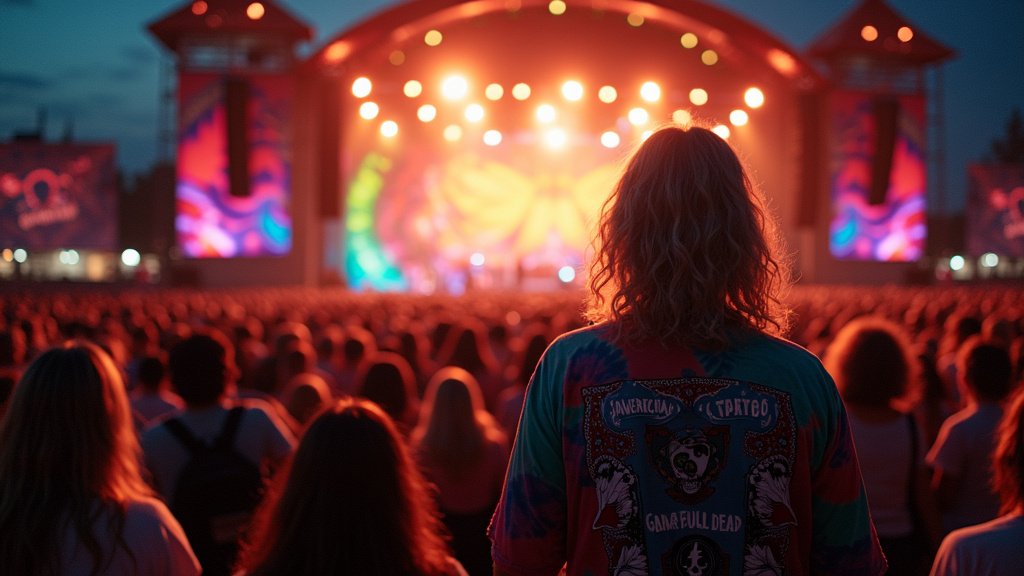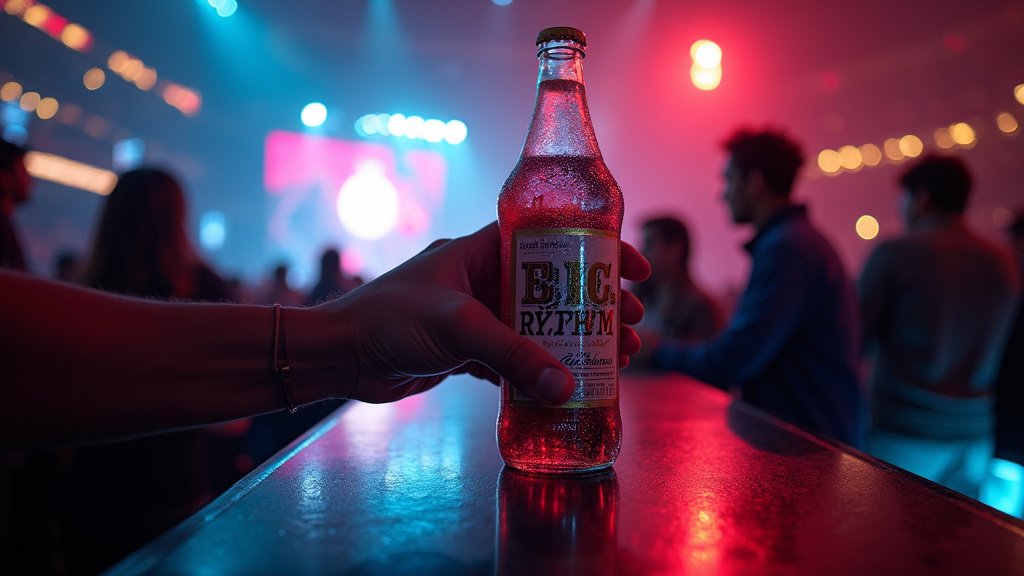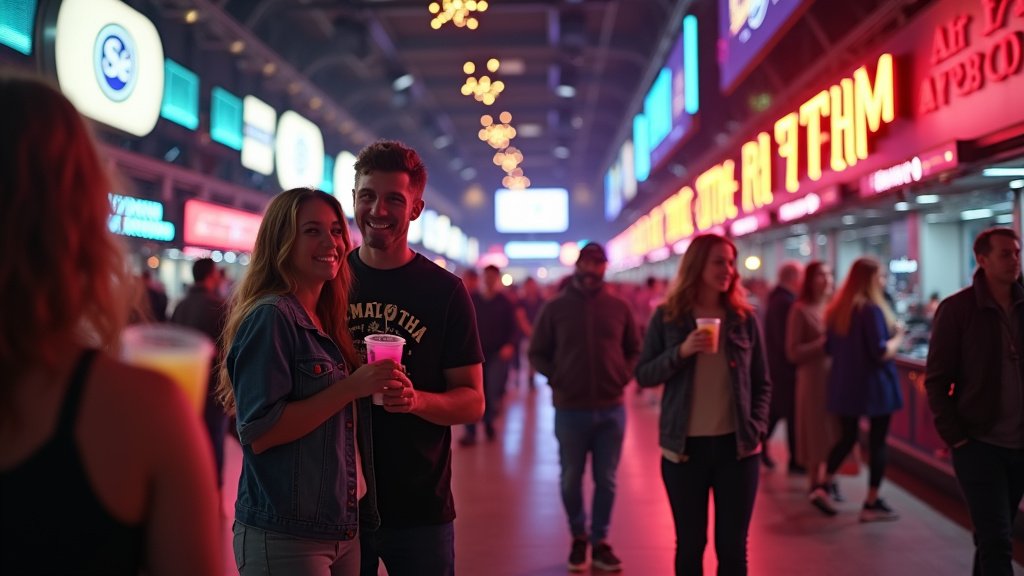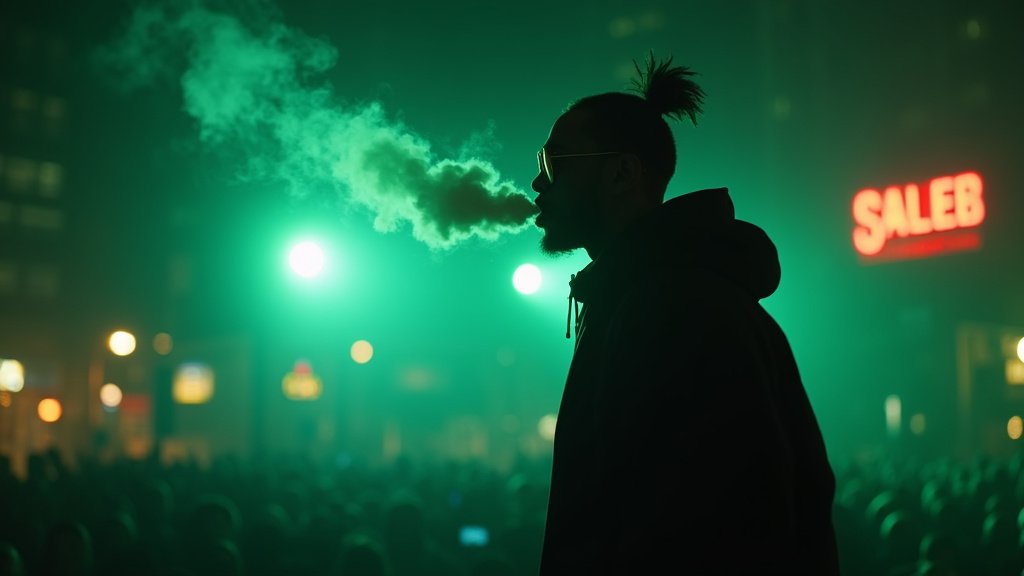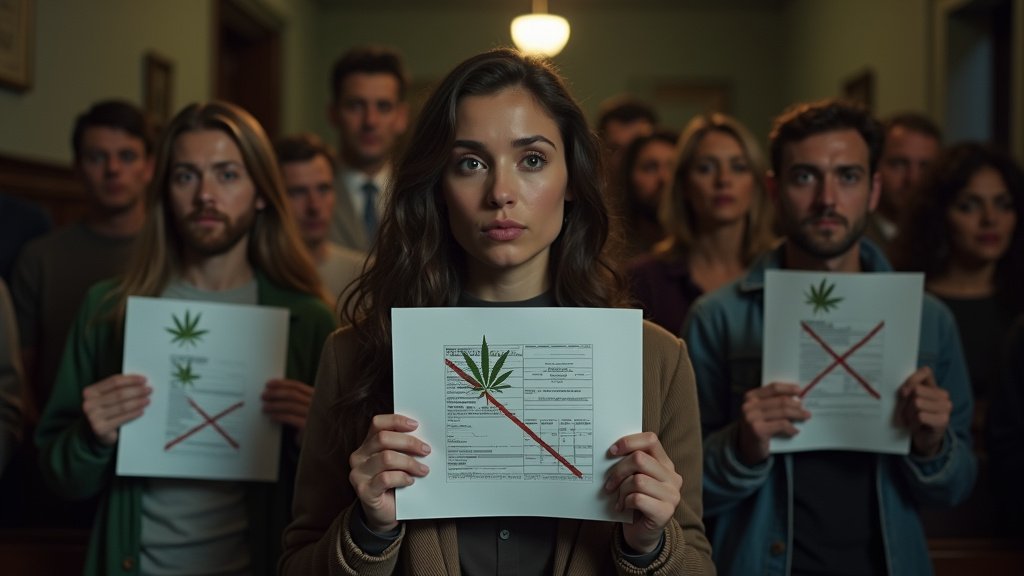Grateful Dead Concerts Embrace Legal Cannabis: A Historic First
For the first time since the iconic Grateful Dead formed in San Francisco back in 1965, concertgoers will have the opportunity to legally purchase and consume cannabis at their shows. This landmark development signifies a profound shift in the cultural landscape, moving from the band’s early days when cannabis was strictly illegal to the current era where legalization is increasingly becoming the norm. This official integration of cannabis at Dead concerts marks a notable evolution, particularly given the band’s enduring legacy and its deep roots in the counterculture movement that historically championed such freedoms.
A Legacy Intertwined with Counterculture
The Grateful Dead’s journey began in the heart of the 1960s San Francisco psychedelic scene, a period characterized by a spirit of rebellion, experimentation, and a questioning of societal norms. Cannabis was an undeniable presence throughout this era and at the band’s legendary concerts, often shared communally among fans and musicians. However, until now, these interactions remained outside the bounds of official sanction. The band’s enduring appeal and its influence on successive generations mean that this new policy resonates not only with long-time followers but also with a new wave of fans who are experiencing the music for the first time.
Dead & Company Bridges Eras
The current iteration of the band, known as Dead & Company, which features original Grateful Dead members Bob Weir and Mickey Hart alongside John Mayer, Jeff Chimenti, Oteil Burbridge, and Jay Lane, continues to draw massive crowds. This ensemble successfully bridges the generational gap, introducing the Grateful Dead’s expansive musical universe to a younger demographic. Many of these newer fans may not have firsthand experience of the band’s formative years or the societal context surrounding cannabis in the 1960s and 70s. The availability of legal cannabis at their events provides a unique opportunity for them to connect with the band’s history and the cultural milieu that shaped it.
From the Underground to the Mainstream
The Grateful Dead’s historical relationship with drug use, including cannabis, has often been a topic of discussion and has undeniably influenced the band’s ethos and the experiences of its members. The late Jerry Garcia, the band’s principal songwriter and guitarist, was famously associated with the counterculture and its embrace of altered states of consciousness, often facilitated by cannabis. This new policy reflects a broader societal trend towards the decriminalization and legalization of cannabis, mirroring the very cultural shifts that the Grateful Dead helped to inspire. The fact that legal cannabis sales and consumption are now permitted at their concerts is a testament to how far these attitudes have evolved over the past six decades. This move is trending across music news, highlighting a significant cultural moment.
Implications and Future Outlook
This development is more than just a change in concert amenities; it represents a significant cultural milestone. It acknowledges the historical context of the Grateful Dead and their association with cannabis culture, while also embracing contemporary legal frameworks. The official integration of cannabis sales and consumption at these events offers a controlled and legal environment for fans to partake, a stark contrast to the underground, often risky, practices of the past. As the Grateful Dead’s music continues to captivate audiences, this new policy ensures that the concert experience evolves in parallel with societal changes, allowing the band’s legacy to be celebrated in a way that is both relevant and respectful of its storied past.


